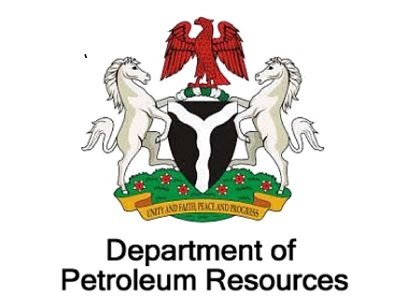
The Department of Petroleum Resources (DPR) on Wednesday gave details of how crude oil is stolen.
It said the majority of the crude oil is stolen from five of the country’s 30 oil terminals.

The Director/Chief Executive Officer of DPR, Sarki Auwalu told the Adhoc committee on oil theft of the House of Representatives that those involved in the theft are part of a criminal cartel, which also involved some unnamed powerful contacts.
He explained while it is practically impossible to steal crude from the offshore terminals, most of the crude stolen comes from the land terminal because they must transport the crude through the pipelines to the export terminal.

According to him, in the process of transporting through the pipelines, there are interferences while the crude is stolen in smaller quantities to make up for what they steal, transport them in smaller badges to the ship waiting for them.
He said “I will like to use this opportunity to give a brief on how we will account for hydrocarbon in this nation. I think that will provide a better view for this committee as well as Nigerians.
“The process starts with the wells because every crude oil comes from a well, and you cannot drill a well without knowing the capacity of that well to produce. So, the hydrocarbon accounting in DPR starts from well.
“Once you drill a well, you will need to have what we call a maximum efficiency rate to know the capacity of that well to produce. The volume accounting starts from that point. In hydrocarbon accounting, we have static measurement and we have a dynamic measurement.
“The static is the volume that went into the tank that you can dip and know the volume, while the dynamic is the volume that goes across the meter.
“We have two kinds of meters: we have a production meter where you measure the volume of oil produced and we have a custody transfer meter where you measure the volume of oil that exchanged hands.
“What we do is to take inventory of all wells producing in every field based on the volume we give.
“What that means is that such a well cannot produce more than that. If you under produce, you can kill the reservoir. If you overproduce, you can also kill the reservoir.
Credit: The Nation
